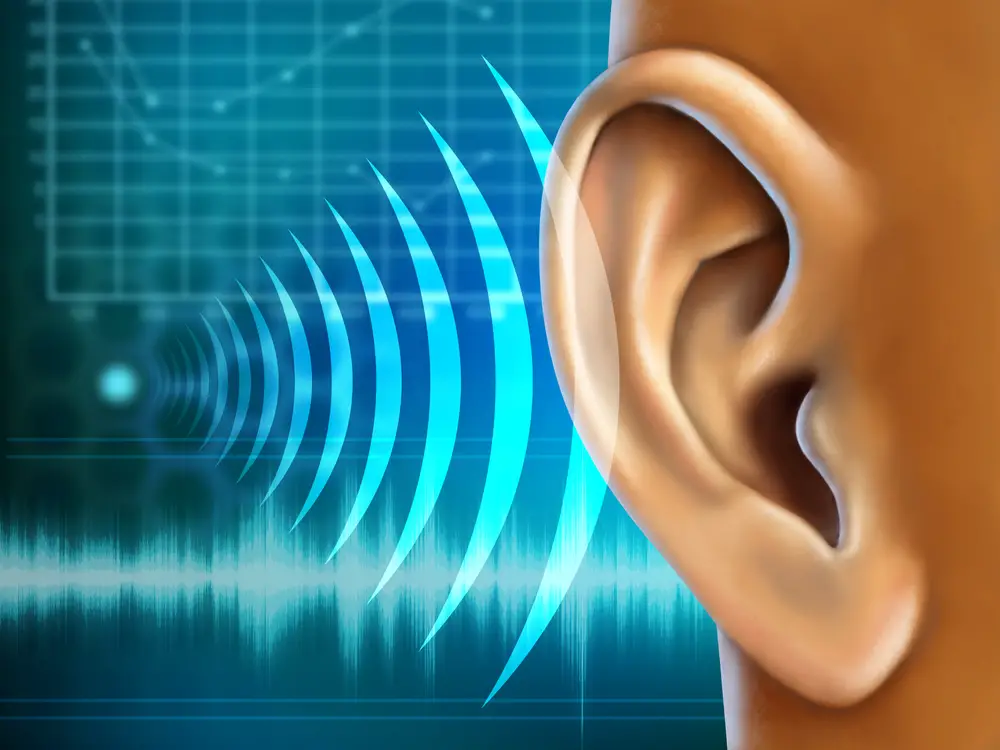There has been a lot of controversy regarding headphones and the dangers of using them long-term. One of the main points of concern has been how to prevent hearing loss from headphones in long-term users.
This topic hits home for me on so many levels, as I love listening to music — sometimes quite loudly. I especially enjoy using headphones over all else, as they allow me the privacy and sound quality that no other device can provide.
Still, I want to ensure my headphones don’t do anything to damage my hearing. That is why I did some research and learned a few useful tips and tricks on how to preserve my hearing. So I have decided to create this article as a guide to help my fellow audiophiles prevent hearing loss.
But first, to understand the role that headphones play in losing your hearing, we must learn more about the issue and how it occurs.
How Does Hearing Loss Occur, and Can It Be Reversed?
Loud noise can damage your hearing in an instant or over an extended period of time. According to an article by the CDC, the biggest danger of headphone use lies in the volume. Here’s why:
When sound waves reach your ears, they cause your eardrums to vibrate. These vibrations are then transmitted through several bones into your ear and the cochlea. The cochlea contains thousands of small hair cells, which move as the ear vibrates. The louder the sound vibrates, the more the hairs will move and deteriorate.
Over time, these cells can lose their sensitivity to vibrations as you listen to loud music. As a result, you’ll likely experience temporary Noise-induced hearing loss (NIHL), which will gradually subside as the hair recovers from the vibrations.
However, in some cases, your hair cells won’t be able to recover, which can lead to long-term or permanent hearing loss. Because there’s no known cure for repairing your inner ear, the damage will be irreversible.
The Connection Between Headphones and Hearing Loss
Headphones can damage your hearing in the same way that any other loud noises can. As you now know, the music coming out of them will degrade the hair cells in your cochlea. That will result in either permanent or temporary hearing loss, depending on the length of exposure to and the intensity of the music.
A common misconception is that the noise levels have to be extremely high in order for them to damage your hearing. However, even if you’re using earbuds or headphones and listening to music on a moderate level, hearing loss is possible.
The amount of damage a pair of headphones can do to your hearing comes down to three factors:
- The volume settings on the device you’re using.
- The make and type of your headphones.
- Whether you’re using headphones or earbuds.
For example, the highest level of noise that a pair of U.S. iPod earbuds can produce when at 100% volume is 115 decibels (dB). Even though the number is restricted to 100 dB in Europe, both can still cause serious hearing damage in a matter of minutes.
Another important thing to consider is how close you are to the source of the sound. For example, because earbuds and other in-ear models sit quite close to your cochlea — they can cause damage quickly. So many experts recommend getting over-the-ear headphones to reduce the proximity of the noise and help prevent any hearing loss.
Is It Safe to Use Earphones?
According to the Independent, the results of playing loud music can be similar to the damage your nerves suffer if you have Multiple Sclerosis. Also, there is some research that proves that noise levels over 110 dB can damage the nerve fibers that carry signals from your ear to the brain. Moreover, it can strip your ears’ protective coating, which will disrupt the nerve signals and cause irreversible damage.
So if you don’t take any precautions, using earphones might do a lot of damage to your brain. It can even lead to a condition known as Tinnitus, which causes constant ringing in your ears. It could also lead to echo – here is how to turn echo off!
With all of that in mind, you might be thinking: “Should I throw my earphones away right now?” Well, no, there’s no need to take any drastic measures. Still, there are some steps you ought to take so that you can avoid suffering from any damage.
What Can You Do to Prevent Hearing Loss?
It’s not that difficult to protect your hearing from deteriorating, and all you have to do is break a few unhealthy habits you might have.
Step 1. Lower the Volume
The easiest way for you to preserve your hearing is not to listen to music turned up to eleven. Moreover, the primary cause of NIHL is exposure to loud noise — even if it’s for short amounts of time. Thus, by turning the volume on your headphones down, you’ll be able to steer clear from any possible damage.
Step 2. Limit the Amount of Listening Time & Take Breaks
In addition to keeping the volume down, you should also reduce the amount of time you spend listening to music. A good rule of thumb is following the 60/60 principle:
- Don’t listen to music over 60% of your device’s maximum volume capacity.
- Take a 10-minute break from your headphones after 60 minutes.
Step 3. Purchase Noise-Canceling Headphones
The majority of us tend to turn the volume up in order to drown out other sounds. Still, there are easier ways of going about things. By investing in a good pair of noise-canceling headphones, you’ll be able to listen to your music without any interruptions. As they are designed to block out all external sounds, you won’t feel the need to max out the volume and risk hearing damage.
Step 4. Switch From Earbuds to Headphones
Even though these two terms are often used interchangeably, earbuds and headphones aren’t exactly the same thing. Thus, they don’t have the same effect on your body or fit you the same way. As I already mentioned, earbuds sit inside of your ear, so the source of the audio is much closer to your receptors.
Headphones, however, provide greater protection. That is because they sit further away from your ear. If you’re still wondering, “What are headphones used for?” this is your answer.
If you think that a distance of ¼ of an inch won’t make much of a difference, it does in the long run. By keeping the source of music farther away from your cochlea, you’ll keep your hearing intact for longer. Additionally, you could get headphones with hearing protection that would drastically decrease the risk of any damage to your hearing.
Step 5. Get Hearing Aid Headphones
If your hearing is too far gone for you to consider any preventative measures, getting these headphones might be your only option. These are also known as “conversation-enhancing headphones,” and they are typically compatible with most hearing aids. They will most likely be able to help you if you’ve lost some of your hearing, but not all of it.
Final Thoughts
As I mentioned, I am fond of using either headphones or earbuds on a daily basis. That being said, I don’t prefer listening to loud music overhearing, and neither should you.
Hopefully, by now, you’ve learned just how big of a role a pair of headphones can play in your life. Moreover, I hope you understand the importance of preserving your hearing for as long as you can — no matter how much you love listening to loud music.
If you’ve enjoyed learning about this topic and think others in your life can benefit from it as well, feel free to share this article if you liked it.













